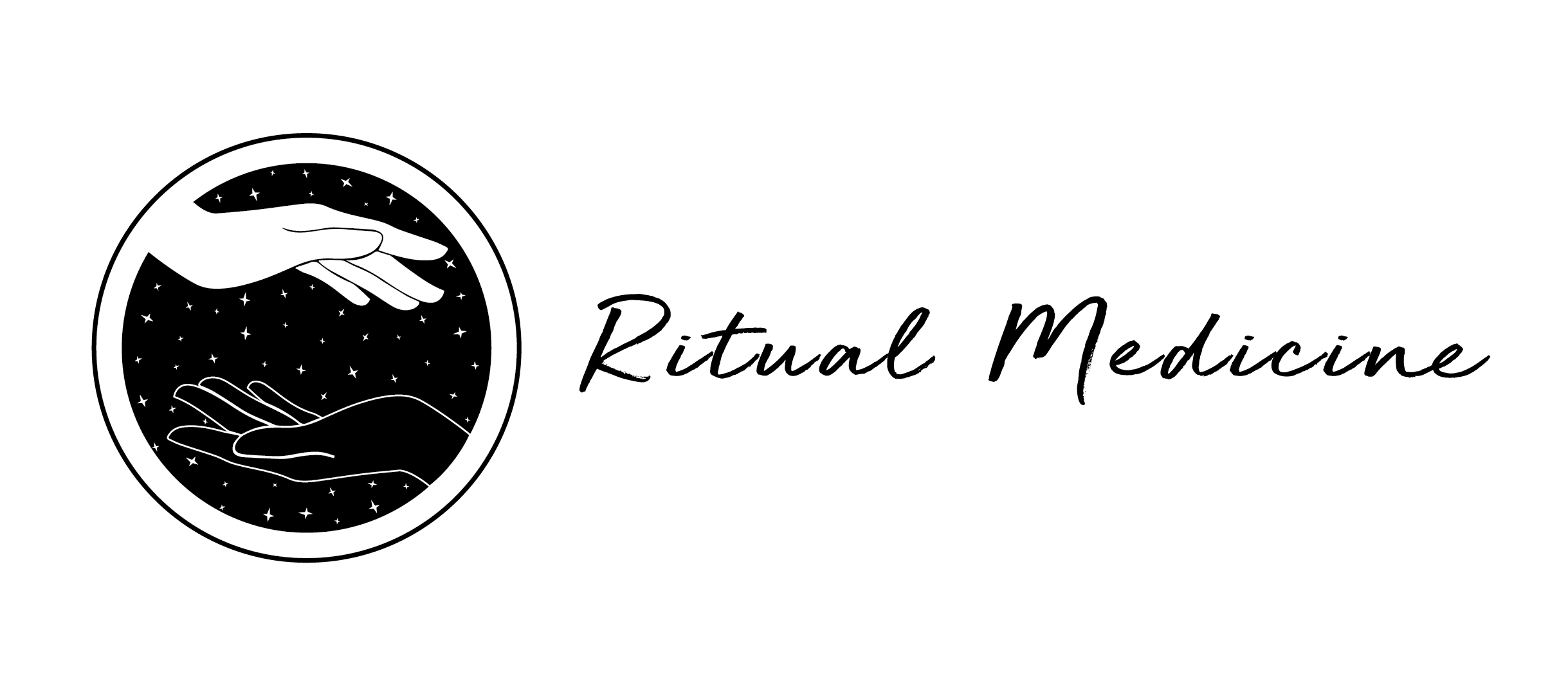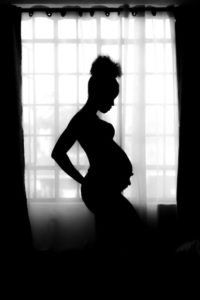Read a guest blog by Kyla from The Sacred Essentials.
This is likely a blog just for the women…. Sorry guys I’ll see you on the next post. We’re talking menstrual cycle, symptoms, imbalances and working towards balancing it all out.
Bloating, fatigue, irritability, hair loss, palpitations, mood swings, problems with blood sugar, trouble concentrating, infertility, migraines….
Think of your hormones like a cake recipe… MMMMmm CAKE…
Too little or too much of any one ingredient will muck up the whole recipe. If our hormones are out of balance, our whole system will be put out of whack, and this causes legitimate problems. I am not a hormonal specialist but what I DO know is that the stats are HIGH for women living with an imbalance and men you aren’t off the hook either.
Stress, poor nutrition, poor sleeping habits, all contribute to balancing or creating imbalance with our hormonal system.
HORMONAL IMBALANCE SYMPTOMS FOR BOTH MEN AND WOMEN
Fatigue
Increased sensitivity to cold or heat
Constipation or more frequent bowel movements
Unexplained weight loss (sometimes sudden)
Increased or decreased heart rate
Muscle weakness
Frequent urination
Increased thirst
Muscle aches, tenderness, and stiffness
Pain, stiffness, or swelling in your joints
Thinning hair or fine, brittle hair
Increased hunger
Depression
Decreased sex drive
Nervousness, anxiety, or irritability
Blurred vision
A fatty hump between the shoulders
Rounded face
Purple or pink stretch marks
Weight gain
Dry skin
Puffy face
HORMONAL IMBALANCE – SYMPTOMS FOR WOMEN
- heavy or irregular period
- missed periods or stopped periods
- hirsutism or excessive hair on the face, chin, or other parts of the body
- acne on the face, chest, or upper back
- thinning hair or hair loss
- weight gain or trouble losing weight
- darkening of skin, especially along neck creases, in the groin, and underneath breasts
- skin tags
- vaginal dryness
- vaginal atrophy
- night sweats
- pain during sex
OKAY, ONTO THE TOPIC AT HAND…. MY PERIOD STRUGGLES AND HOW I FIXED IT
I had a period of time where I just didn’t get a period. I might maybe get one every 4-6 months for a day or two, and then nothing for ages.
I had been on birth control from the age of 15, originally to ease my
S U P E R S E V E R E abdominal cramping. I KNOW some of you relate to this…it’s unexplainable for anyone who has not experienced the level of pain a menstrual cramp can provide.
Fast forward 15 years, I took a break from birth control, it felt kind of gross to have hormones that weren’t naturally mine being brought into my body and I just wanted to NOT have to take a damn pill everyday.
I stopped and began the process of loosing my period, getting it for a day and losing it again, getting it short term a few months later and so on …
I ended up back on a few years later to regulate my cycle again as per my doctor.
It felt not right, yet again, as I came into my mid 30’s it was time I removed this foreign substance and worked at this from a more holistic approach.
I met Stef a year ago.
It wasn’t until this summer that we dove into talking about my cycle and the struggles that surround it.
I am 36 years old. My cycle is consistently INCONSISTENT. When it DOES show up it comes with pretty nasty cramping on day one, often to the point of not being able to get out of bed. As a self employed person this is a big deal. HECK as an adult, with any responsibility, this is a big deal.
My period also, as of the age 33-34 brought along with it a MIGRAINE. If you’ve had the pleasure of a migraine you know once again you likely are bed ridden, in the dark, feeling like you might throw up at any point… for hours.
SO…. Stef.
We put together a protocol… I mean SHE put together a protocol, we agreed to a THREE MONTH program of two accupuncture sessions a week ( which is basically two guaranteed mini nap and meditation opportunities) moving through 3 cycles.
Now keeping in mind my period would sometimes just not come at all, I was overjoyed when after 3 weeks together of twice weekly sessions
I GOT MY PERIOD!!!!!!
Now it came with cramps and a migraine…. B U T
Month two, I had NO MIGRAINE and only minor cramps for only a few hours.
A N D
Month three…. you guys, I had NO MIGRAINE and NO CRAMPS….
THIS IS HUGE… THIS IS NIGHT AND DAY….. This means I can function … and not only function but function OPTIMALLY. I can work, create, run errands, be present, live my life…
I continue now to see Stef just once every 2 weeks, which I absolutely love.
LOOK, I KNOW I AM NOT ALONE WITH HORMONAL IMBALANCES, and I can only imagine you’re tired of it too.
If you haven’t yet tried working with an acupuncturist , one who specializes in female hormones, what do you have to lose?
I would love to hear from you, and connect on this… we need to be talking more openly about what we all live with on a daily basis…
We’re in this together xoxo
P.S If you live in Victoria and want to connect with Stef you can find her on the IG @ritual.medicine , or @focushealthclinic OR www.ritual-medicine.com
Ky









